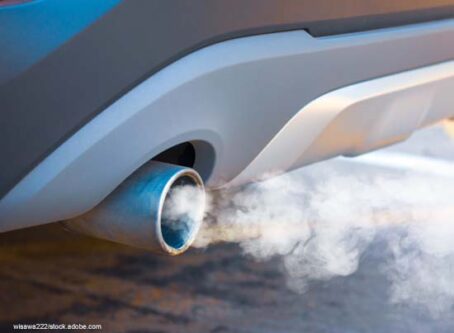Crime Prevention for Truckers survey reveals prevalence of harassment
The Federal Motor Carrier Safety Administration’s Crime Prevention for Truckers study shows the prevalence of harassment in the industry.
Even worse, the recent study indicates that many of the incidents are not reported because the victims “did not think it would make a difference or they have to deal with it anyway.”
According to the survey, 59% of women, 52% of minority males and 51% of nonminority males reported being a victim of harassment, including receiving threatening words. One-third of female truckers reported being the victim of sexual harassment.
Meanwhile, 42% of women, 57% of minority males and 51% of nonminority males chose not to report the harassment.
The survey also indicated that more than 30% of female respondents said they had been touched inappropriately.
Results of the survey were released as part of FMCSA’s inaugural Women of Trucking Advisory Board meeting in November.
Some of the board members expressed concerns that the survey did not include a category for rape.
“Rape is incredibly common, and calling rape ‘being touched inappropriately’ is extremely offensive,” said Anne Balay, a board member. She then suggested that a new survey be conducted.
To Balay’s point, the Center for Public Integrity recently published an article regarding the prevalence of rape and sexual assault in the trucking industry. The article’s findings suggested that the industry has tried to recruit more women to be truck drivers while failing to protect them from sexual assault.
FMCSA’s survey participants made the following suggestions as ways to reduce harassment and assault in trucking.
Enhance safety at existing trucking facilities
Respondents suggested the addition of adequate lighting and security features to existing truck parking lots, fueling stations, truck stops and docking areas of shippers and receivers. The presence of law enforcement and restrooms being located close to parking entrances also were suggested.
Provide more truck parking
The majority of respondents suggested that many of the crimes that happen against truckers are the direct result of limited parking availability, especially in urban areas. A lack of safe truck parking can force truckers to park in abandoned lots or other unsecure locations.
Allow firearms
Many of the survey participants said they would feel safer if they were allowed to carry a firearm. Many trucking company policies and state laws prevent truck drivers from doing so. FMCSA noted that regulatory and policy changes related to carrying firearms are beyond its authority.
Improve communication
Another suggestion is that truck drivers, dispatchers, carriers and customers need to do a better job communicating to choose a travel plan that is efficient and safe. Delays and scheduling conflicts at shipper and receiver facilities often force truckers to park in unsafe locations.
Safety training
The survey suggested that truck drivers could benefit from training on personal safety, security, protection and self-defense.
Educational material
Survey findings suggested the creation of educational materials that informs truckers how to recognize, prevent, interject and report crimes. The material also would be directed to trucking companies, encouraging them to have a zero-tolerance policy against harassment. LL









